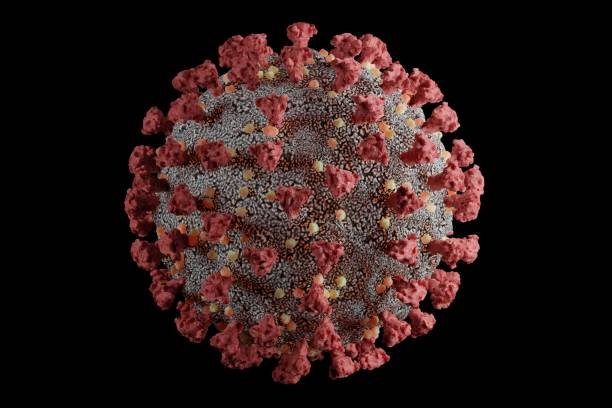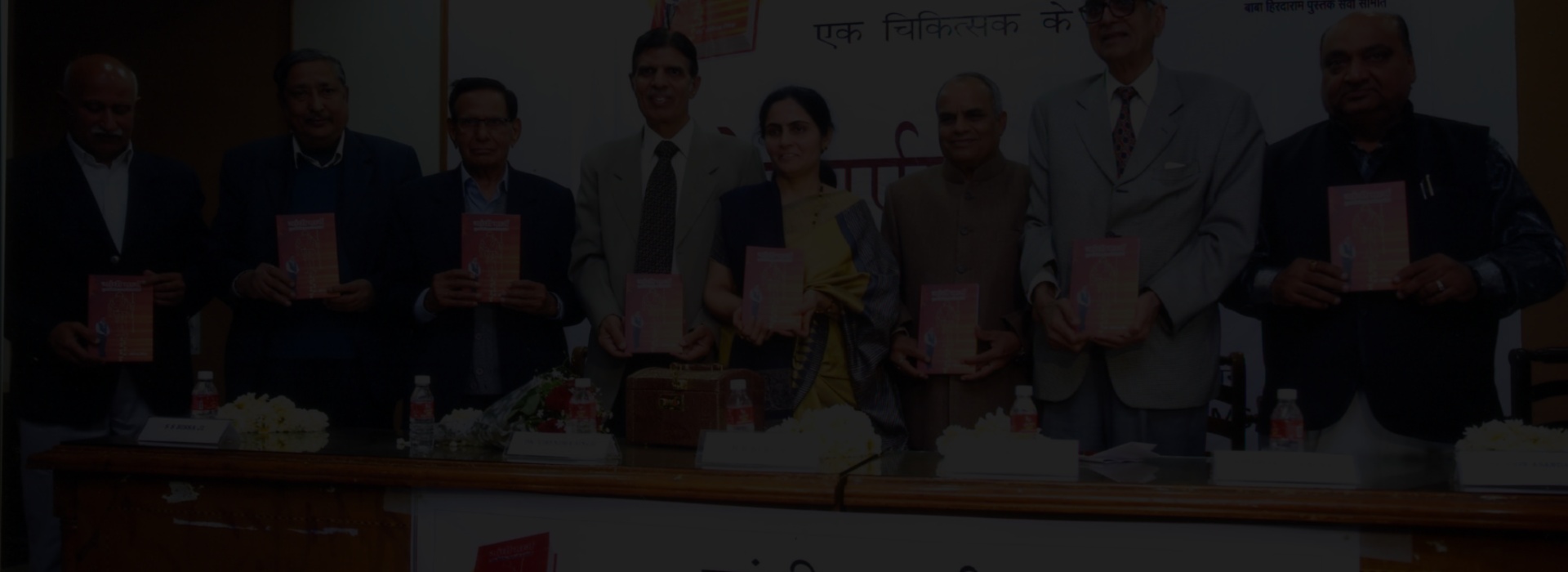
As the monsoon arrives, so do viral infections, respiratory issues, and increased risks of COVID-19 and other chest diseases. In addition to providing respite from the intense heat, the cool breeze and rain also raise humidity levels, which can encourage the growth of germs and viruses and increase the risk of respiratory problems, colds, coughing, and viral fever. Dr. Virendra Singh, chest specialist, explains that individuals with COPD, Asthma, or pre-existing lung conditions should take extra care during the monsoon, as fluctuating temperatures and high moisture levels can worsen symptoms and increase the risk of viral infections.
Dr. Virendra Singh, a renowned chest expert, emphasizes that the monsoon season increases the risk of COVID-19 and viral infections due to high humidity and fluctuating temperatures, which can trigger respiratory issues. To lessen exposure, he suggests avoiding busy locations, wearing masks in public, and practicing good hand hygiene. Strengthening immunity with a balanced diet, taking prescribed medications regularly, and staying hydrated are essential for those with Asthma, COPD, or other chest diseases. He recommends getting vaccinated against COVID-19 and seasonal flu to prevent severe complications. By following these preventive steps, people can take advantage of the monsoon season without endangering their general health or lungs.
Why Monsoon Increases the Risk of Viral Infections and Chest Diseases
During the monsoon, standing water serves as a haven for germs and mosquitoes, and rainy weather prolongs the life of viruses. Additionally:
- Humidity Impacts Lungs: Breathing problems and the onset of asthma and allergic bronchitis might result from excessive wetness.
- Crowded Indoor Settings: People tend to stay indoors, increasing the spread of infections.
- Temperature Fluctuations: Immunity might be weakened by sudden shifts from hot to chilly surroundings.
Precautions to Avoid COVID-19 and Viral Infections During Monsoon
Here are steps to safeguard yourself and your family during the monsoon:
- Maintain Hygiene:- Wash your hands often with soap and water for at least 20 seconds, and use alcohol-based sanitizers when outside. Avoid touching your face, nose, and eyes unnecessarily, and regularly sanitize frequently touched surfaces at home and work to reduce the risk of infections.
- Strengthen Immunity:- Eat a balanced diet filled with fruits, vegetables, and seasonal produce, and stay hydrated with warm water, soups, and herbal teas. Include immunity-boosting foods like ginger, turmeric, tulsi, and vitamin C-rich items, while avoiding cold and refrigerated foods to protect your throat and strengthen your immunity during the monsoon.
- Avoid Crowded Places:- Even during the monsoon, it’s important to maintain social distancing by avoiding crowded markets, gatherings, and poorly ventilated indoor spaces to reduce the risk of infections.
- Use Masks and Practice Respiratory Manners:- Wearing a well-fitted mask helps protect against COVID-19, pollution, and airborne infections. Always cover your mouth and nose with a tissue or your elbow when coughing or sneezing, dispose of used tissues properly, and wash your hands immediately to prevent the spread of infections.
- Keep your Environment Clean:- Prevent waterlogging around your home to stop mosquito breeding, ensure good ventilation indoors by opening windows whenever possible, and use dehumidifiers if humidity levels are too high to maintain a healthy living environment during the monsoon.
Special Care for People with Chest Diseases During Monsoon
These monsoon-specific recommendations are for people with bronchitis, asthma, COPD, and other respiratory disorders:
- Monitor your Breathing: Note any changes in breathing patterns, wheezing, or chest tightness.
- Use Inhalers and Medications Regularly: Do not forget to take your prescription drugs or inhalers, and if necessary, ask your doctor to change your dosage.
- Avoid Exposure to Allergens: Asthma episodes can be triggered by the monsoon season’s increased pollen and mold growth.
- Wear Masks Outdoors: It helps filter out allergens, pollutants, and viruses.
- Stay Dry: To prevent infections, change wet clothes right away and don’t sit in damp clothing.
- Regular Check-ups: To properly treat your respiratory illness, stay in contact with your chest specialist for follow-ups.
Warning Signs that Require Medical Attention
Dr. Virendra Singh highlights that early intervention saves lives during the monsoon when respiratory infections are common. Seek medical attention if you suffer from:
- Shortness of breath or wheezing
- Persistent fever beyond 3 days
- Bluish lips or nails
- Oxygen saturation below 94%
- Severe cough with chest pain
- Persistent weakness or dizziness
Vaccination is Crucial
Against COVID-19, getting vaccinated and taking a booster are recommended.
- Annual Flu Vaccinations: To prevent influenza, which peaks during the monsoon.
- Pneumococcal Vaccination: For high-risk patients with chronic lung disease.
Home Remedies for Mild Cough (Under Doctor’s Guidance)
While seeking medical attention is necessary for chronic symptoms, in minor cases:
- To ease nasal congestion, use steam inhalation with eucalyptus oil.
- Drink warm water with turmeric and black pepper.
- Gargle with warm salt water to soothe the throat.
- Consume honey with ginger for cough relief.
Conclusion
Monsoon brings beauty, but we must remain cautious. By taking the appropriate preventative measures, getting vaccinated, and changing your lifestyle, you may keep your lungs healthy and prevent COVID-19 and other viral diseases. If you have any respiratory issues, consult a chest specialist promptly.
